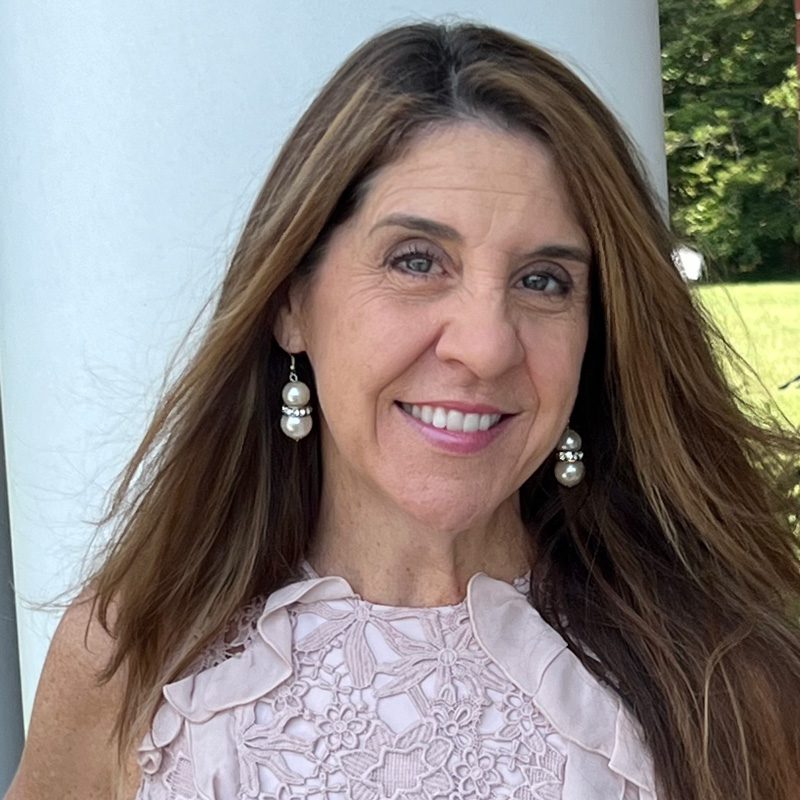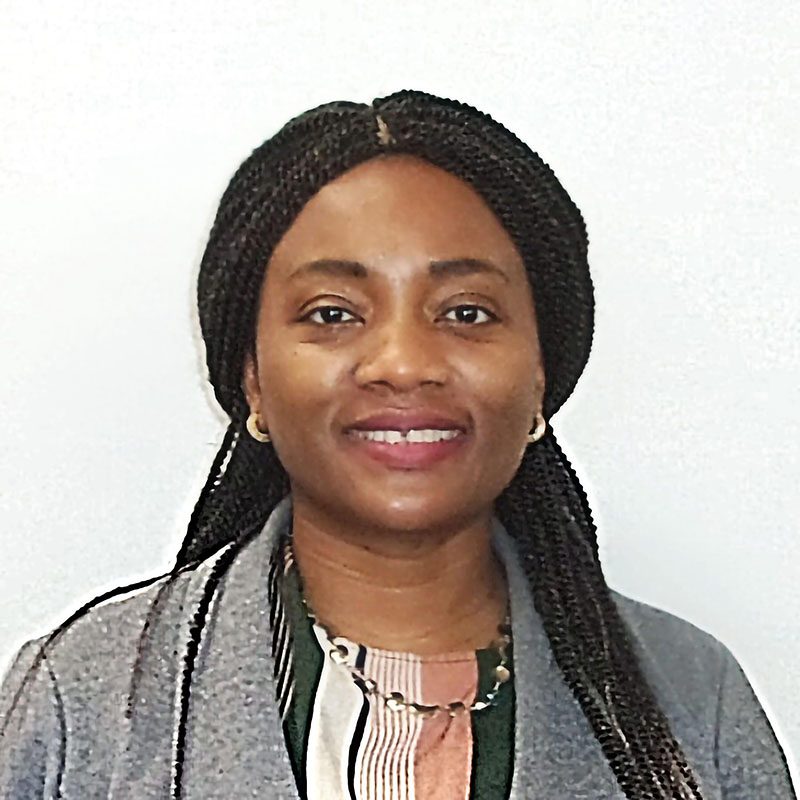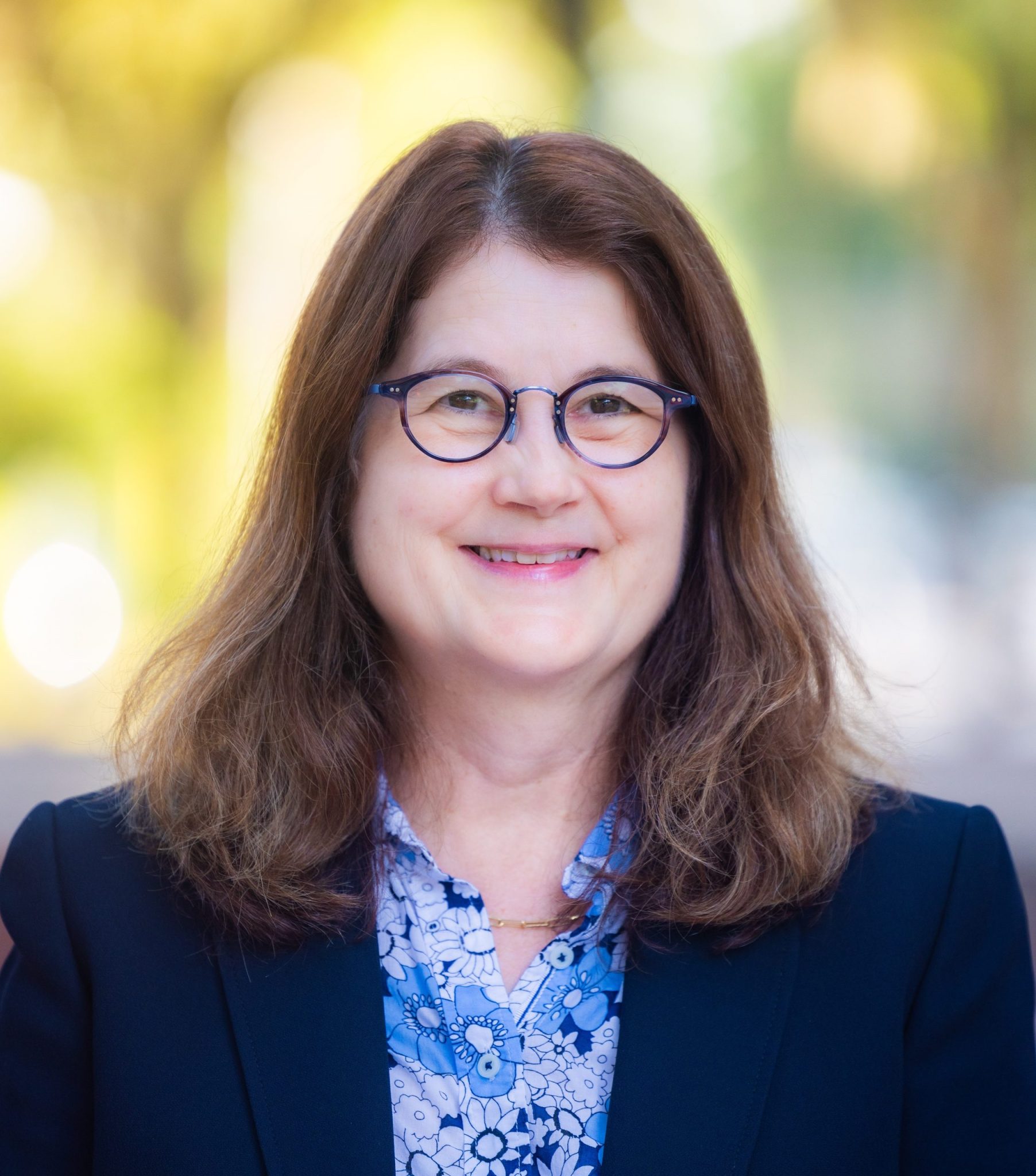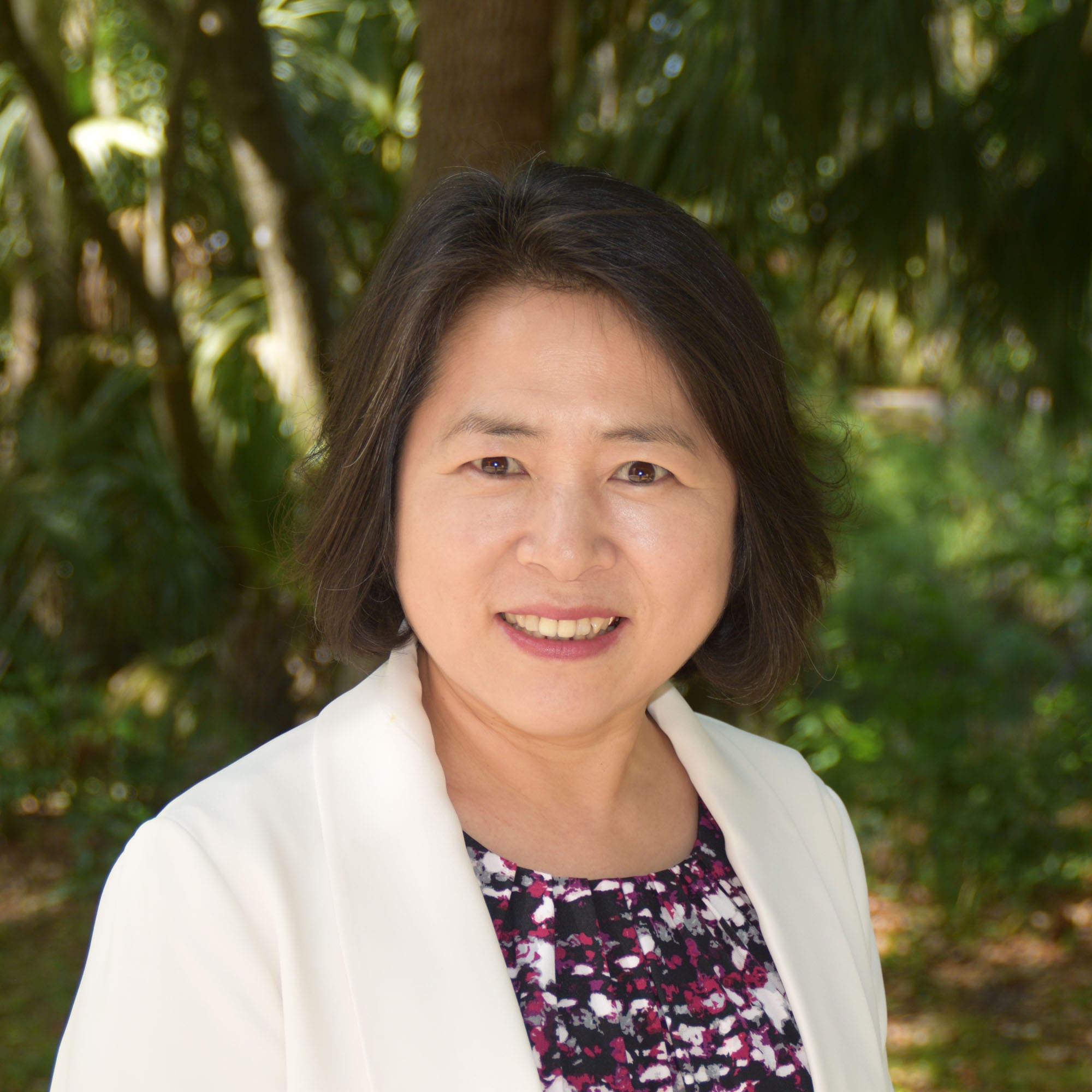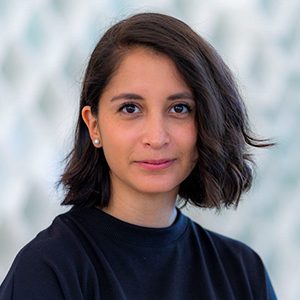Our college offers a unique opportunity for interdisciplinary study and research, as we house all disciplines related to the built environment under one roof. Our Ph.D. program is college-wide, STEM designated degree, and allows for specifying a focus in one of the following concentrations:
- Architecture
- Construction Management
- Historic Preservation
- Interior Design
- Landscape Architecture
- Urban and Regional Planning
Through our Ph.D. Program, we emphasize the need to develop knowledge that reaches beyond the scope of most professional practices of the built environment. During the first three semesters of the Ph.D. program, a series of interdisciplinary core courses is taught by DCP faculty members seeking to identify commonalities, differences and trends in the theory, methods, history, and scientific traditions of research and teaching among the six areas of concentration. It is taught in recognition of the complexity of the built environment and the need for collaboration among the design, construction and planning disciplines.
The program requires students to accomplish the following:
- propose and conduct research that adds knowledge needed to support the design and management of the built environment through the critical examination and consolidation of previous research findings;
- explore research methods, theories, philosophies, as related to the built environment to identify and pursue major and minor areas of concentration related to a dissertation focus;
- explore the physical, social and natural sciences related to the built environment to identify and pursue major and minor areas of concentration related to their dissertation;
- develop an original dissertation topic and conduct research; disseminate knowledge through teaching, publications and selective collaborations with various professionals in related industries and government agencies.
Students study to understand and solve both regional and world problems through exploration, research and practice. Students come to DCP from across the globe – Africa, Asia, Europe, Latin America, the Middle East and the United States. This diverse student population challenges us to expand the scope of academic study and research from Florida to beyond.
Doctoral Program Contacts
Concentration Graduate Coordinators
Application Materials and Instructions
Admission to our Ph.D. program is granted at both the college and school or department level.
Applications will be reviewed carefully for evidence of qualification for the Ph.D. program and applicants may be interviewed, if necessary. Pursuant to Florida Statute, your application requires inclusion of all post-high school education and employment, as well as information about ongoing international affiliations and research funding. Please ensure this information is included on your curriculum vitae (CV) or résumé. Please submit all application materials directly to the University of Florida’s Office of Admissions portal. The following materials must be submitted to be considered a complete application for review:
You can apply using the UF Graduate Admissions portal. There is a non-refundable application fee (amount determined and fee assessed by the Office of Admissions).
Please note that we do not offer fee waivers under any circumstances at this time.
Unofficial transcripts can be uploaded and used for admissions purposes so long as they note (1) degree conferral date, (2) course list and grades earned, and (3) cumulative GPA. The University will require official transcripts upon your acceptance of an offer of admission.
Minimum GPA: 3.0 on a 4-point scale, for upper division and Graduate coursework
Please note: The University requires applicants for graduate study to compute their upper-division (i.e. Junior and Senior year) grade point average, unless your institution uses a non-traditional grading system. The University requires an accurate self-reported GPA, which it will verify. Providing an accurate self-reported GPA will help to expedite the processing of your application. The university provides a worksheet explaining how to calculate upper-division GPA.
The Statement of Purpose is a short essay used to introduce yourself to the admissions committee and explain why you want to study at UF. It should demonstrate your research interests and qualifications, previous experiences, and how you plan to use the Ph.D. Program to achieve your goals.
Highlight relevant academic achievements, professional experiences, and accolades.
Arrange for at least three recommenders to submit letters of recommendation on your behalf. The recommenders should sign their letters and submit them directly to your application using the CollegeNET email link.
Your recommenders should be qualified to evaluate your academic achievements, skills and abilities, and/or professional qualifications. If you are currently employed, and plan to remain employed during your program, it is strongly recommended that a current supervisor or employer submit a letter of recommendation.
If you have received your undergraduate or graduate degree within the last three years, at least two of the three letters should be academic references. If you have been out of school for longer than three years, and you are unable to contact former professors, letters from other individuals who can address your achievement and potential would be appropriate.
Professional recommenders must:
- be or have been a supervisor or otherwise in a capacity to objectively assess your professional abilities, contributions, skills, and achievements;
- not be a colleague or subordinate;
- know you or your work well; and
- not offer a personal reference.
The content of the letters should:
- speak to your academic achievement;
- present your strengths, interests, abilities, interpersonal skills, and vision for the future;
- evaluate your potential for success in our program; and
- explain and provide context for professional experience.
Letters of recommendation from family members and friends will not be accepted.
If applying to a concentration in Architecture, Interior Design, or Landscape Architecture, an electronic portfolio is required as part of the online application.
In addition to the above requirements, international students must submit the following documents:
Language Scores: Official TOEFL or IELTS Scores. We will not accept any other tests or substitutes. We will not accept unofficial score reports.
Minimum scores: TOEFL—550 (paper), 80 (internet & Home edition), IELTS—6.5
Applicants who have successfully completed a graduate degree within the US or who are from countries where English is the only official language and have attended non-US institutions where the language of instruction is English may not need to submit language tests scores.
Transcripts and Degree Certificates: The university has additional requirements for international transcripts. International applicants must submit to the Office of Admissions an official copy in the native language of each transcript, a mark sheet, and a diploma/degree certificate from each university or college attended, along with certified, literal (exact) English translations for documents not originally issued in English.
Financial Certification: The university requires financial certification only upon your acceptance of our offer of admission. For more information, please visit UFIC.
Application Deadline
Fall Applications: December 5th (in the year prior to starting semester)
Spring Applications: August 15th (in the year prior to starting semester)
Applications received after this deadline will be reviewed on a case-by-case basis. Please note that the Ph.D. Program does not admit for the Summer semester due to course sequencing.
What is the Process for Admissions?
The Office of Admissions forwards complete application packages to the Ph.D .Program Coordinator. Complete applications are sent to individual Concentration Units for review by faculty and staff.
The Unit makes a recommendation and forwards it to the Ph.D. Coordinator, who sends it to the Office of Admission for final processing. Upon final clearance from the Office of Admissions, we issue a decision letter to the applicant. Note that only complete applications can be reviewed.
How Are Students Selected?
We will consider your application holistically. In addition to a strong academic background, we look for students who demonstrate their commitment through work, volunteer, and/or internship experiences. Successful students are also able to clearly communicate their motivations for pursuing a Ph.D. within their concentration. Lastly, we look for maturity and a willingness to learn—our goal is to use our expertise to train you as a professional.
How Much Does it Cost to Attend UF?
You can find estimated costs here: https://www.sfa.ufl.edu/cost/
I am an international student who has earned a degree from an English-speaking institution. Must I still submit an official TOEFL / IELTS score?
No. Applicants will be waived from this requirement.
Must I designate a Faculty Advisor in my application?
No. Applicants are welcome to mention a potential faculty advisor within their Personal Statement. Applicants are highly encouraged to reach out directly to faculty members who align with their research interests before applying.
Is funding available?
Both domestic and international students are eligible for funding consideration. This may come in the form of fellowships, merit-based awards, and graduate assistantships from the individual units. No additional application is required. Information regarding graduate school funding is available at: https://grad.ufl.edu/gss/funding/
The College of DCP strongly encourages students to seek alternative sources of support, as funding is limited. For specific funding information, applicants should reach out directly to Graduate Coordinators within units they are interested in or faculty that align with their research interests.
Do you offer either an online or part-time degree program?
No, this is a traditional graduate degree program. Some students both work professional jobs and take classes. That said, there is no formal part-time degree program.
Whom can I contact if I have additional questions?
You are welcome to email the Program Director, Bryan Franz, at bfranz@ufl.edu. For questions regarding specific concentrations, please reach out to the Graduate Coordinator within that Concentration.
All Ph.D. students must complete the Core Ph.D. Requirements. Students must also complete requirements within their concentration. All Ph.D. students must complete at least 90 credits beyond the bachelor’s degree or a minimum of 60 credits beyond an accredited and awarded master’s degree. At least 45 credits of the doctoral degree must be completed at UF.
- All Doctoral students are required to take the following 10 credit hours of course work:
- DCP 7790 (3 Cr.) Doctoral Core 1
- DCP 7911 (3 Cr.) Doctoral Core 2, or alternative graduate-level research methods course with approval of the Ph.D. Director
- DCP 7794 (1 Cr.) Doctoral Core 4
- 3 credits of elective coursework from outside of your concentration, but within the College of DCP
- For example, if your concentration is in Urban and Regional Planning, then you must choose an elective course from the Schools of Architecture or Construction Management, or from the Departments of Landscape Architecture or Interior Design.
- In addition to the 10 credit hours of coursework above, doctoral students are also required to take a minimum of 15 credit hours of DCP 7980 Doctoral Research after they complete their qualifying exam.
For students with a master’s degree in Architecture (9 credits): Choose three graduate-level courses with an ARC prefix that focus on architectural theory and history.
For students without a master’s degree in Architecture (27 credits):
- ARC 6356: Advanced Studio III (6 credits)
- Choose two graduate-level courses (6 credits) with an ARC prefix that focus on architectural theory and history
- Choose one graduate-level course (3 credits) with an ARC prefix that focuses on structural design
- Choose two graduate-level courses (6 credits) with an ARC prefix that focus on environmental technology
- Choose two graduate-level courses (6 credits) with an ARC prefix that focus on materials and methods
Dissertation Formats Accepted: Traditional and Manuscript
Please visit the Architecture website for further questions.
In addition to the College-wide core requirements, the following are also required for students pursuing a concentration in Construction Management:
Core Construction Requirements (12 credits)
Students without a master’s degree in Construction Management must complete the following core construction management courses:
- BCN 5618C Comprehensive Estimating (3 credits)
- BCN 5705C Project Management for Construction (3 credits)
- BCN 5722 Advanced Planning and Control (3 credits)
- BCN 6785 Construction Information Systems (3 credits)
Pedagogy and Data Analysis Requirements (12 credits)
Pedagogy Requirement (6 credits)
All Construction Management students must choose one of the following options:
- Two graduate-level pedagogy courses from the College of Education OR
- One graduate-level pedagogy course from the College of Education, and either DCP 7940 or BCN 6940 (Supervised Teaching) with a Rinker School doctoral faculty member.
Data Analysis and Statistics Requirement (6 credits)
All Construction Management students must complete six credits of graduate-level qualitative and/or quantitative data analysis and statistics courses outside the College of Design, Construction and Planning (DCP). Examples include STA 6166 Statistical Methods in Research I (3 credits), STA 6167 Statistical Methods in Research II (3 credits), or EDF 6403 Quantitative Foundations of Educational Research (6 credits).
Other Certificate and Training Requirements
In addition to the above requirements, all Construction Management students must complete the following training and certification requirements:
- Safety Certificate: OSHA 30-Hour Training for Construction: All Construction Management students must complete the OSHA 30-Hour Safety Training for Construction before their qualifying exam. This training is available online or in person through authorized providers (e.g., USF OSHA Training Center)
- UF Institutional Review Board (IRB) Training: All Construction Management students must complete the Behavioral/Non-Medical IRB (IRB02) training through UF before their qualifying exam.
- English Proficiency Requirement – International Students Serving as TAs: International students who serve as Teaching Assistants (TAs) and have direct instructional responsibilities (e.g., lecturing, leading labs or discussion sections, teaching online synchronously) must meet the English language proficiency and speaking requirements set by UF’s International Teaching Assistant (ITA) Support Program, administered by the English Language Institute (ELI). Students must meet these standards before they are permitted to serve in instructional roles.
Dissertation Formats Accepted: Traditional only
Please visit the Construction Management website for further questions.
The following coursework is also required for students pursuing a concentration in Historic Preservation (15 credits):
- DCP 6710 History and Theory of Historic Preservation (3 credits)
- DCP 6711C Built Heritage: History and Materials Conservation I (3 credits)
- DCP 6714C Built Heritage Documentation I (3 credits)
- DCP 6715 Built Heritage Documentation II (3 credits)
- DCP 6943 Cultural Resource Survey (3 credits)
Dissertation Formats Accepted: Traditional and Manuscript
Please visit the Historic Preservation website for further questions.
The following coursework is also required for students pursuing a concentration in Interior Design (15 credits):
- IND 5937 Current Topics in Interior Design (1 credit, taken in 3 semesters for a total of 3 credits)
- IND 5633 Readings in Design Studies (3 credits)
- IND 6639 Methods of Interior Design Research (3 credits)
- IND 5937 Current Topics in Interior Design (3 credits)
- DCP 7940 Supervised Teaching (3 credits)
Dissertation Formats Accepted: Traditional and Manuscript
Please visit the Interior Design website for further questions.
The following coursework is also required for students pursuing a concentration in Landscape Architecture:
For students without a master’s degree in Landscape Architecture (22 credits):
- LAA 2376C Design Communications I (4 credits)*
- LAA 2710 History of Landscape Architecture (3 credits)*
- LAA 6231 Landscape Architecture Theory (3 credits)
- LAA 6xxx Research Methods (3 credits)
- LAA 6382 Ecological and Environmental Policy (3 credits)**
- LAA 6656C Advanced Landscape Architectural Design (6 credits)
- *Can work with the faculty teaching those courses to:
- request a waiver by demonstrating proficiency, or
- earn credits through independent study.
- **Optional for students with related course backgrounds
- *Can work with the faculty teaching those courses to:
For all students, with or without a master’s degree in Landscape Architecture (6 credits):
- External Course Requirement (6 credits): Choose two graduate-level courses from outside of DCP.
- External Course Requirement Recommendations: The following research method and pedagogy courses are recommended students with a concentration in Landscape Architecture. Students should consult with their faculty advisor.
- FYC 6800 Scientific Reasoning & Research Design (3 credits)
- FYC 6802 Advanced Research Methods (3 credits)
- HLP 6535 Research Methods (3 credits)
- EDG 6931 Teaching Adult Learner (3 credits)
Dissertation Formats Accepted: Traditional and Manuscript
Please visit the Landscape Architecture website for further questions.
For URP students without a master’s degree in Urban and/or Regional Planning (12 credits):
- URP 6061 Planning Administration and Ethics (3 credits)
- URP 6100 Planning Theory and History (3 credits)
- URP 6131 Land Use Planning Law (3 credits)
- URP 6042 Urban Economy (3 credits)
For all students, with or without a master’s degree in Urban and/or Regional Planning (15 credits):
- Pedagogy Requirement (6 credits): Choose two graduate-level pedagogy courses from the College of Education (e.g., EDG6668 “Teaching Adult Learners” or similar) OR choose one graduate-level pedagogy course from the College of Education and take either DCP 7979 with a focus on pedagogy or DCP 7940 with a URP doctoral faculty.
- External Course Requirement (6 credits): Take two graduate-level courses outside of the College of DCP. This requirement is in addition to the Pedagogy Requirement above.
- Doctoral Colloquium Requirement (3 credits): Take an additional three semesters of DCP 7794 (1 credit per semester) OR take DCP 7981 Doctoral Core 3: Academic Writing for Publication. The additional three credits of DCP 7794 are designed as a mechanism for sharing research notes and doctoral work with doctoral students in the concentration.
Thesis Formats Accepted: Traditional and Manuscript
Please visit the Urban and Regional Planning website for further questions.
Funding for Ph.D. students within the College of DCP is not supported by the Ph.D. program. Instead, if graduate assistantships or other funding opportunities are available, these positions are awarded by the individual units offering the concentration based on funding availability, course needs, and other factors.
For information on whether a unit or faculty member has available funding for a Ph.D. student, please reach out to the Graduate Coordinator for each unit or directly to the faculty member whose research interests align closely with yours (see Doctoral Research Faculty Tab).
Other Funding
International students may be interested in exploring opportunities for funding at the University of Florida International Center, found here. The Office of Student Financial Aid and Scholarships may also provide information and opportunities, found here. The University of Florida Graduate School also offers information and opportunities, found here.
DCP Doctoral Research Faculty
Doctoral Research Faculty are faculty within the college of DCP that can advise Ph.D. students and serve as the Supervisory Chair on their dissertation committees.

Abhinav Alakshendra
Department of Urban and Regional Planning Associate
Professor and Director, Center for International Design and Planning
AH 448
alakshendra@ufl.edu

Aladdin Alwisy
M.E. Rinker, Sr, School of Construction Management
Assistant Professor
RINKER 311
aalwisy@dcp.ufl.edu

Ilir Bejleri
Department of Urban and Regional Planning
Research Associate Professor
AH 454
ilir@ufl.edu
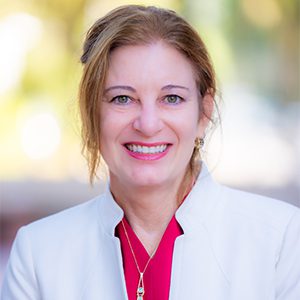
Jules Bruck
School of Landscape Architecture and Planning
Director, School of Landscape Architecture and Planning; Chair, Department of Landscape Architecture
AH 431A
jbruck@ufl.edu

Jeffrey Carney
School of Architecture, Florida Institute for Built Environment Resilience (FIBER)
Associate Professor and Director FIBER
AH 246
j.carney@ufl.edu

Gabriel Castelblanco
M.E. Rinker, Sr. School of Construction Management
Assistant Professor
RINKER 315
gabriel.castelbl@ufl.edu

Aaron Costin
M.E. Rinker, Sr. School of Construction Management
Associate Professor
RINKER 324
aaron.costin@ufl.edu
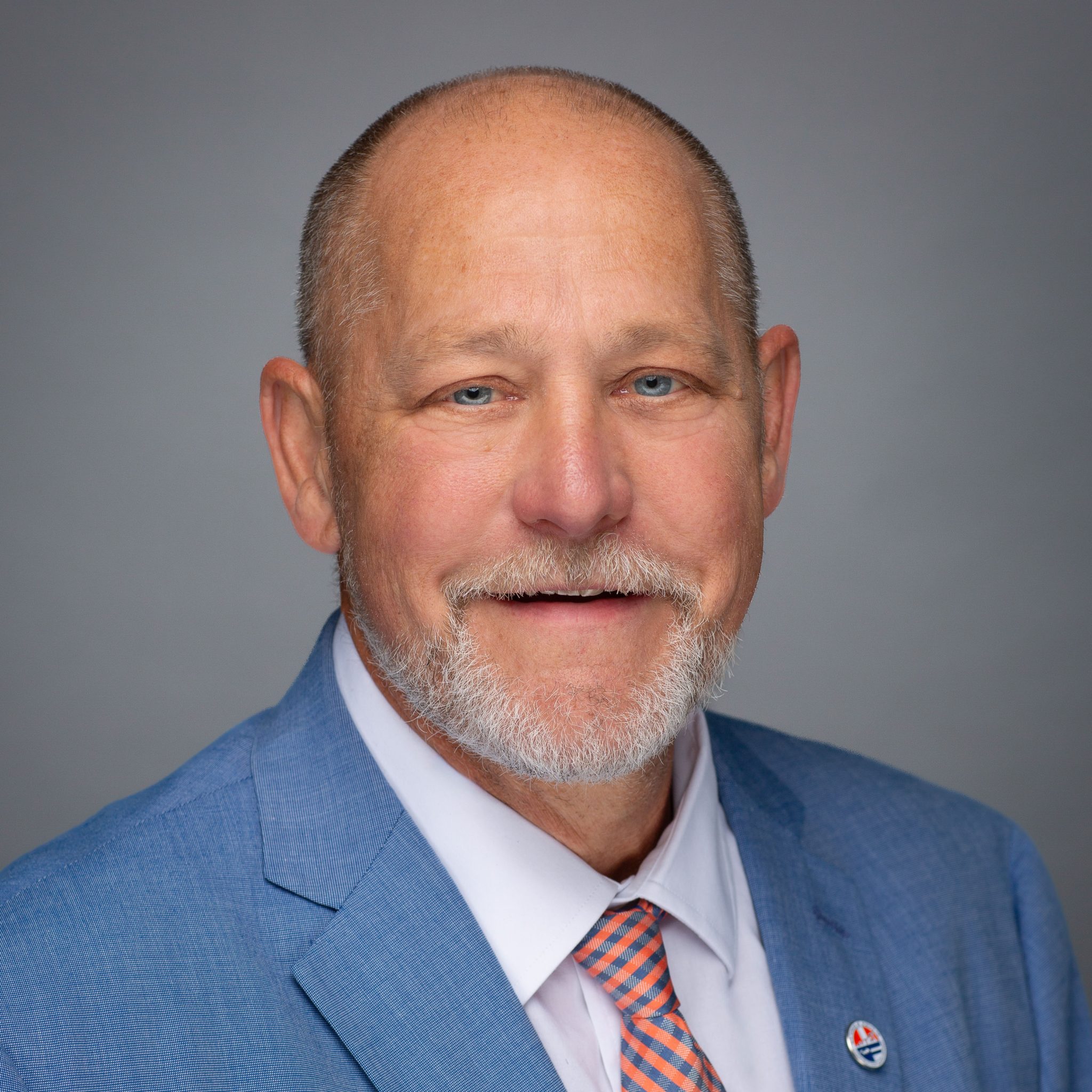
Robert F. Cox
M.E. Rinker, Sr. School of Construction Management
Director and Professor
RINKER 306
robcox@ufl.edu

Bryan Franz
M.E. Rinker, Sr. School of Construction Management
Associate Professor, Ph.D. Program Director
RINKER 309
bfranz@ufl.edu
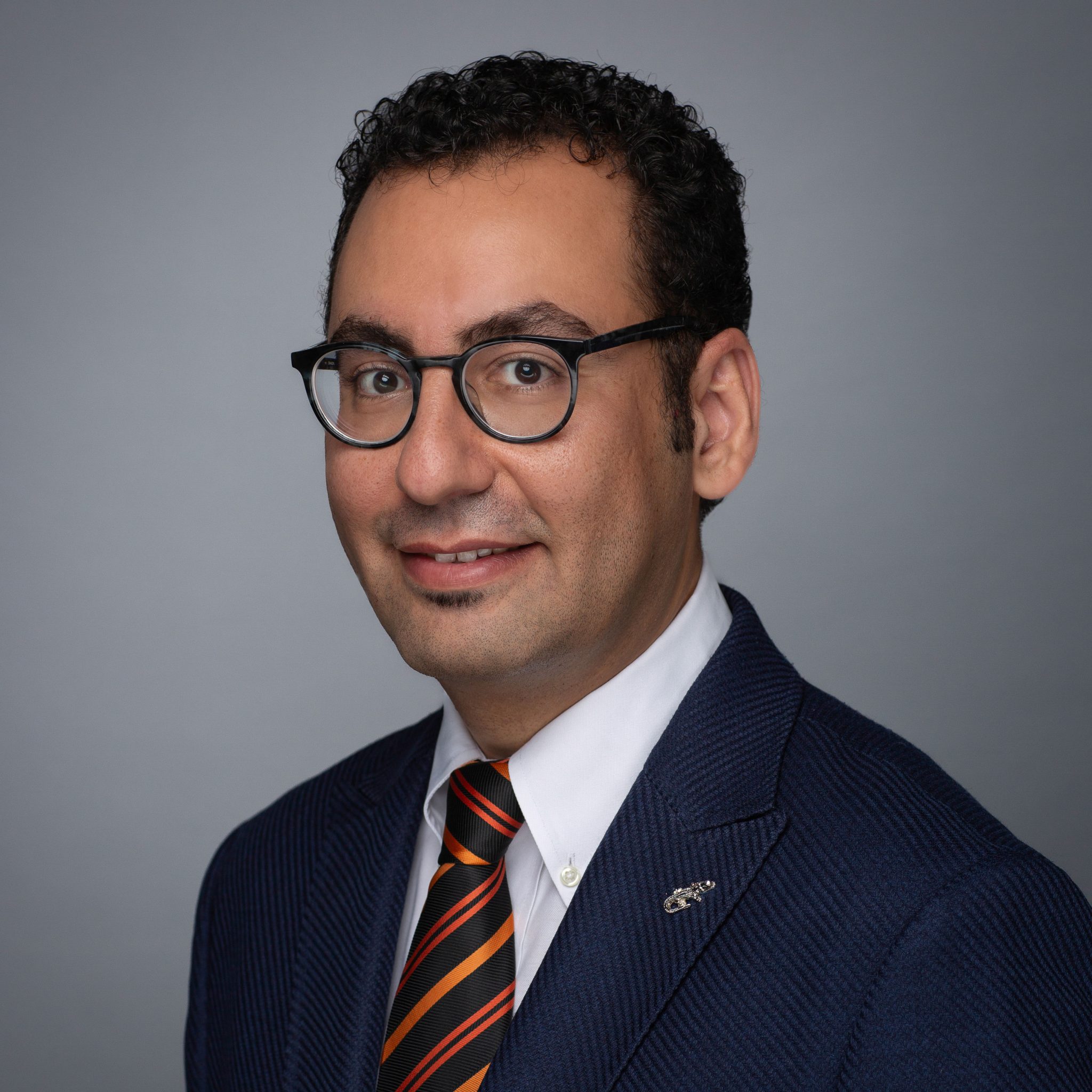
Masoud Gheisari
M.E. Rinker, Sr. School of Construction Management
Director of Graduate Programs and Research, Associate Professor
RINKER 304B
masoud@ufl.edu

Thomas Hoctor
Department of Landscape Architecture
Research Associate Professor
AH 436
tomh@geoplan.ufl.edu
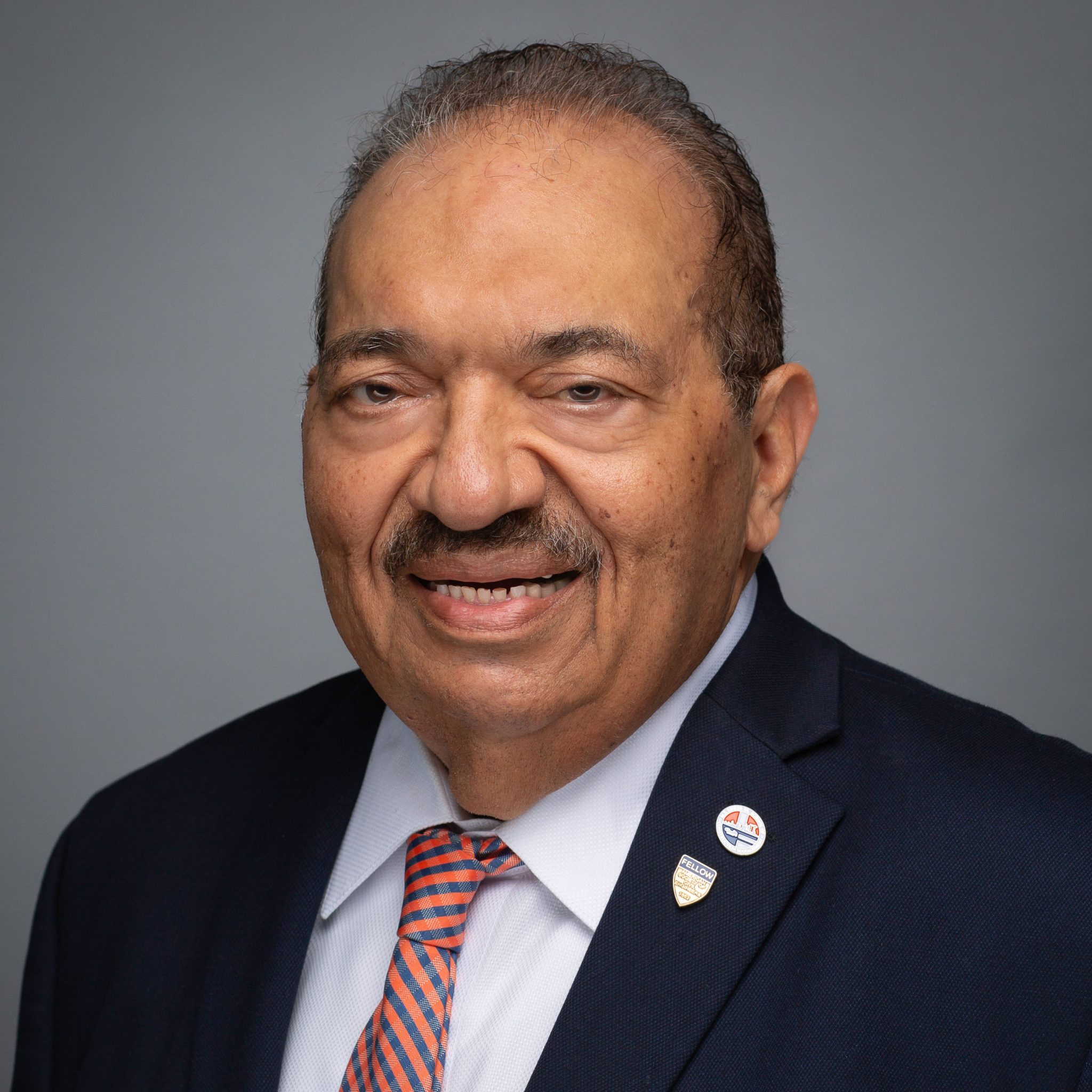
R. Raymond Issa
M.E. Rinker, Sr. School of Construction Management
Distinguished Professor
RINKER 325
raymond-issa@ufl.edu

Idris Jeelani
M.E. Rinker, Sr. School of Construction Management
Assistant Professor
RINKER 317
idris.jeelani@ufl.edu
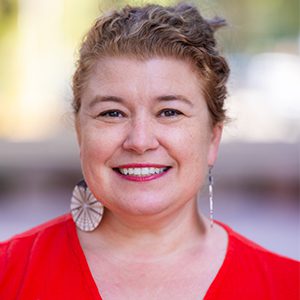
Cleary Larkin
Historic Preservation
Director, Historic Preservation, Assistant Professor, Department of Urban and Regional Planning
AH 148
HPinfo@dcp.ufl.edu

Jiayang Li
Department of Landscape Architecture, Florida Institute for Built Environment Resilience (FIBER)
Assistant Professor
AH 456
jiayangli@ufl.edu

Rui Liu
M.E. Rinker, Sr. School of Construction Management
Assistant Professor
RINKER 321
liurui@ufl.edu

Larry C. Muszynski
M.E. Rinker, Sr. School of Construction Management
Holland Associate Professor
RINKER 327
larrym@ufl.edu

Nawari Nawari
School of Architecture, College of Design, Construction and Planning
Professor
AH 254
nnawari@ufl.edu
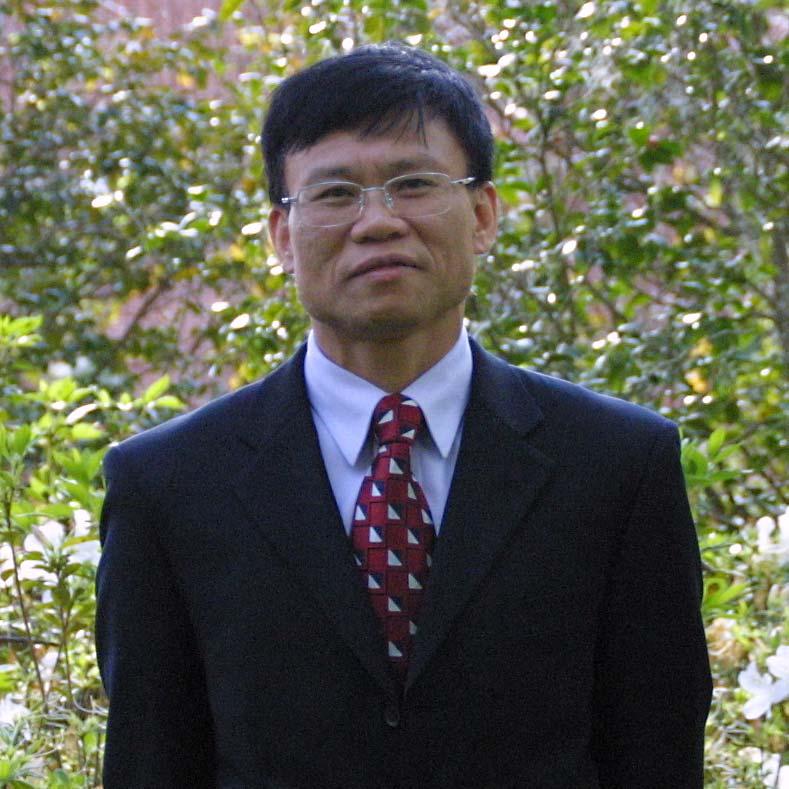
Zhong-Ren Peng
Department of Urban and Regional Planning
Professor and Director International Center for Adaptation Planning and Design (iAdapt)
AH 462
zpeng@dcp.ufl.edu
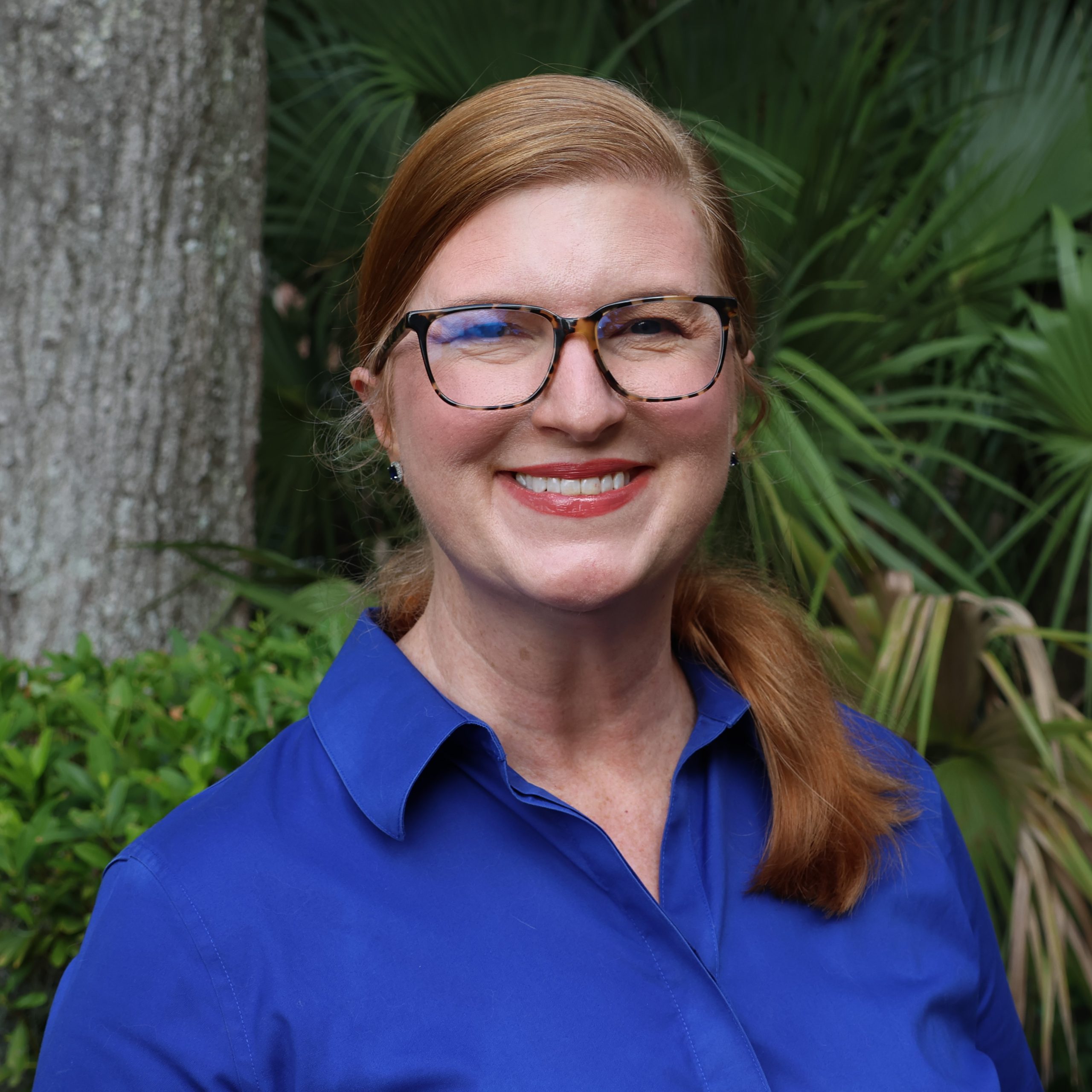
Lisa Platt
Department of Interior Design, Florida Institute for Built Environment Resilience (FIBER)
Assistant Professor
AH 334
lisaplatt@ufl.edu
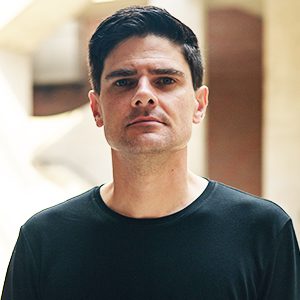
Nicholas Serrano
Department of Landscape Architecture
Assistant Professor
AH 430
nicholas.serrano@ufl.edu
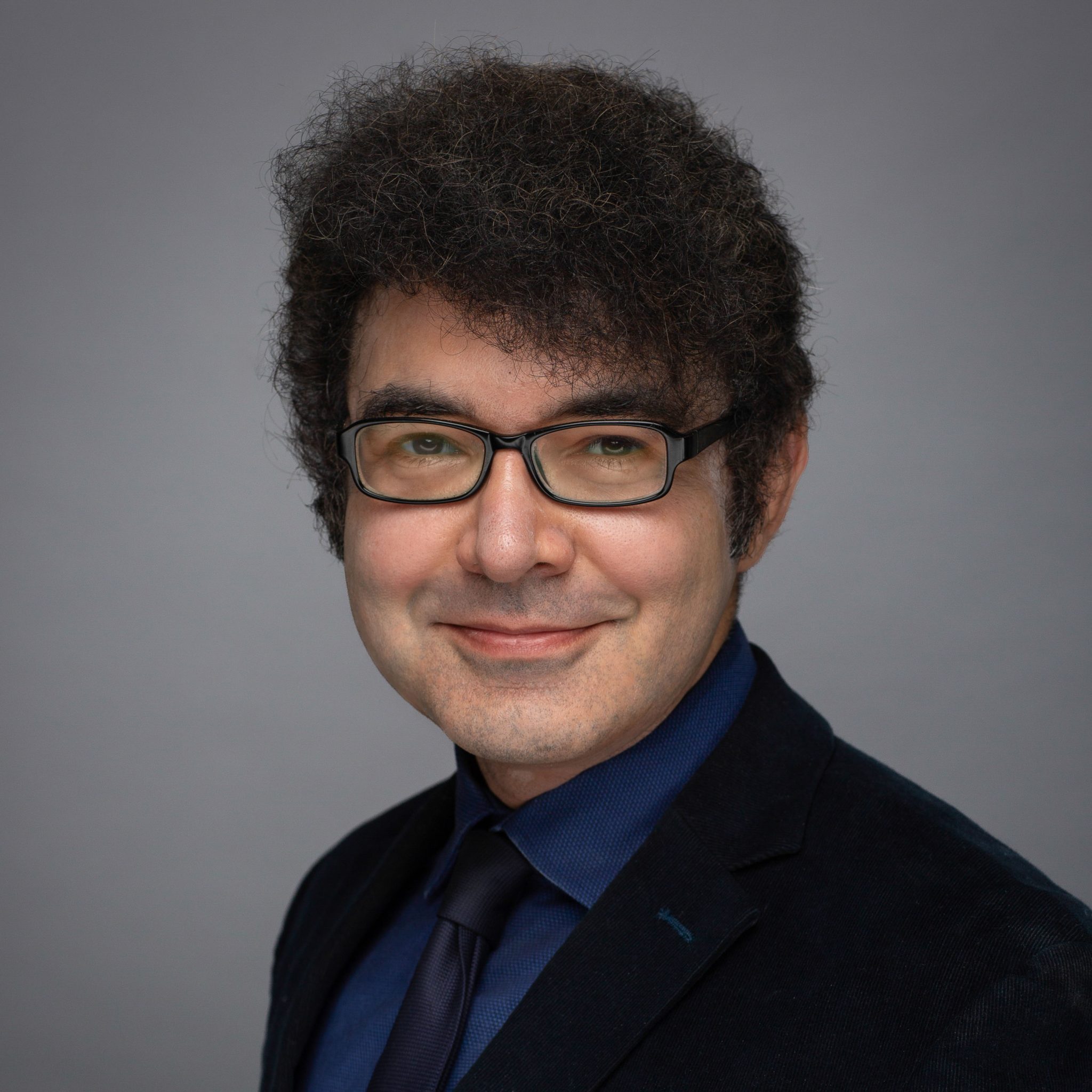
Ryan Sharston
School of Architecture, Rinker School of Construction Management, Florida Institute for the Built Environment Resilience (FIBER)
Assistant Professor
AH 246
r.sharston@ufl.edu

Ravi Srinivasan
College of Design, Construction and Planning, M.E. Rinker, Sr. School of Construction Management
Associate Dean for Research and Strategic Initiatives, Professor
AH 331C
sravi@ufl.edu
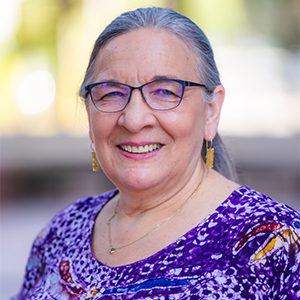
Ruth L. Steiner
Department of Urban and Regional Planning
Professor and Director, Center for Health and the Built Environment
AH 458
rsteiner@dcp.ufl.edu
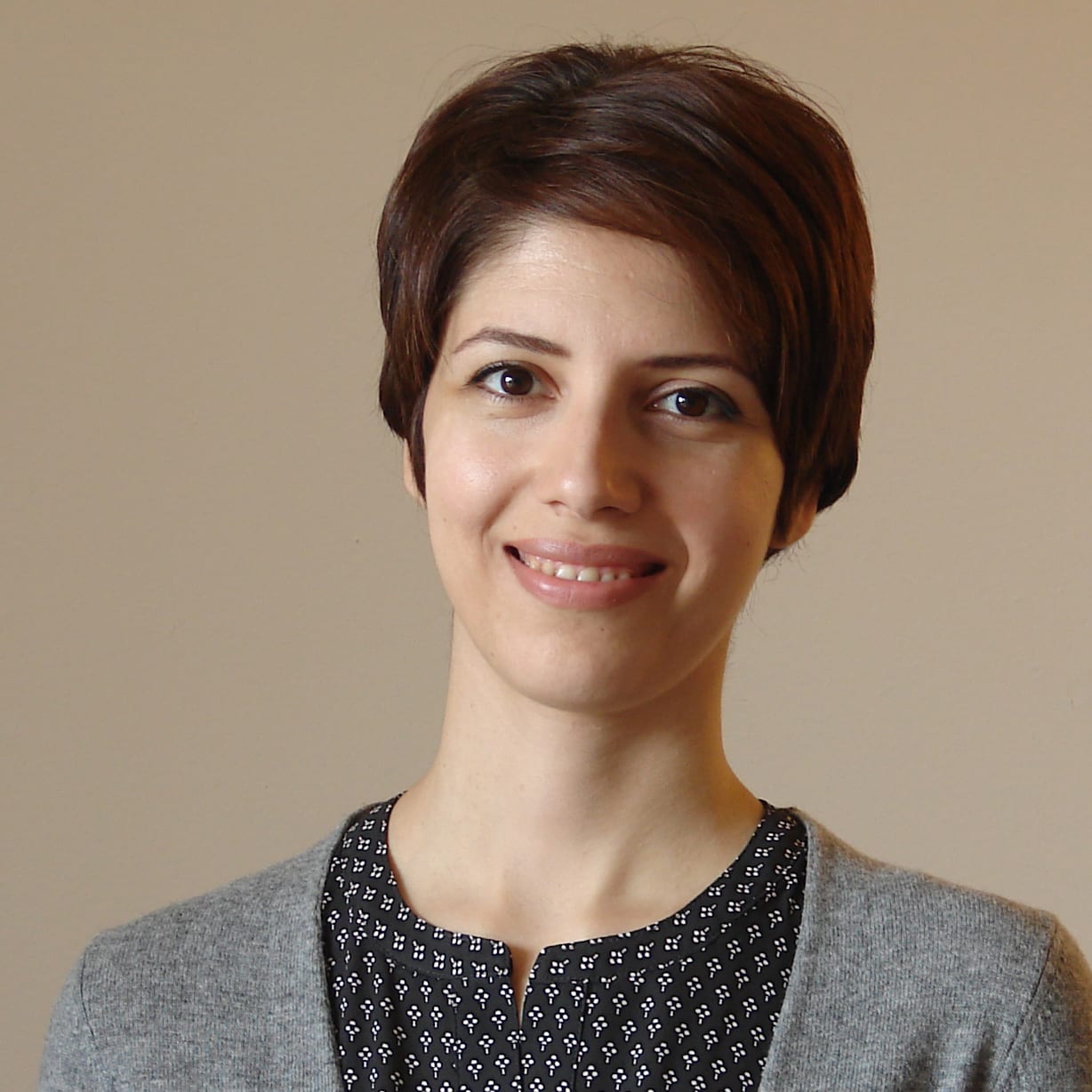
Shabboo Valipoor
Department of Interior Design
Associate Professor, Graduate Coordinator
AH 350
sh.valipoor@ufl.edu

Jason von Meding
M.E Rinker, Sr. School of Construction Management, Florida Institute for Built Environment Resilience (FIBER)
Assistant Professor
RINKER 344
jason.vonmeding@ufl.edu
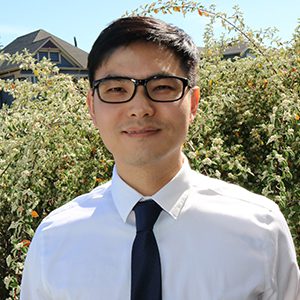
Chaofeng Wang
M.E. Rinker, Sr. School of Construction Management
Assistant Professor
RINKER 342
chaofeng.wang@ufl.edu

Shenhao Wang
Department of Urban and Regional Planning
Associate Professor
AH 434
shenhaowang@ufl.edu

Yan Wang
Department of Urban and Regional Planning, Florida Institute for Built Environment Resilience (FIBER)
Associate Professor
AH 456
yanw@ufl.edu
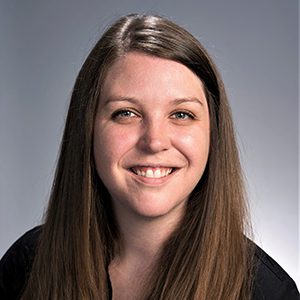
Maria Watson
M.E. Rinker, Sr, School of Construction Management, Shimberg Center for Housing Studies
Assistant Professor
RINKER 203
maria.watson@ufl.edu
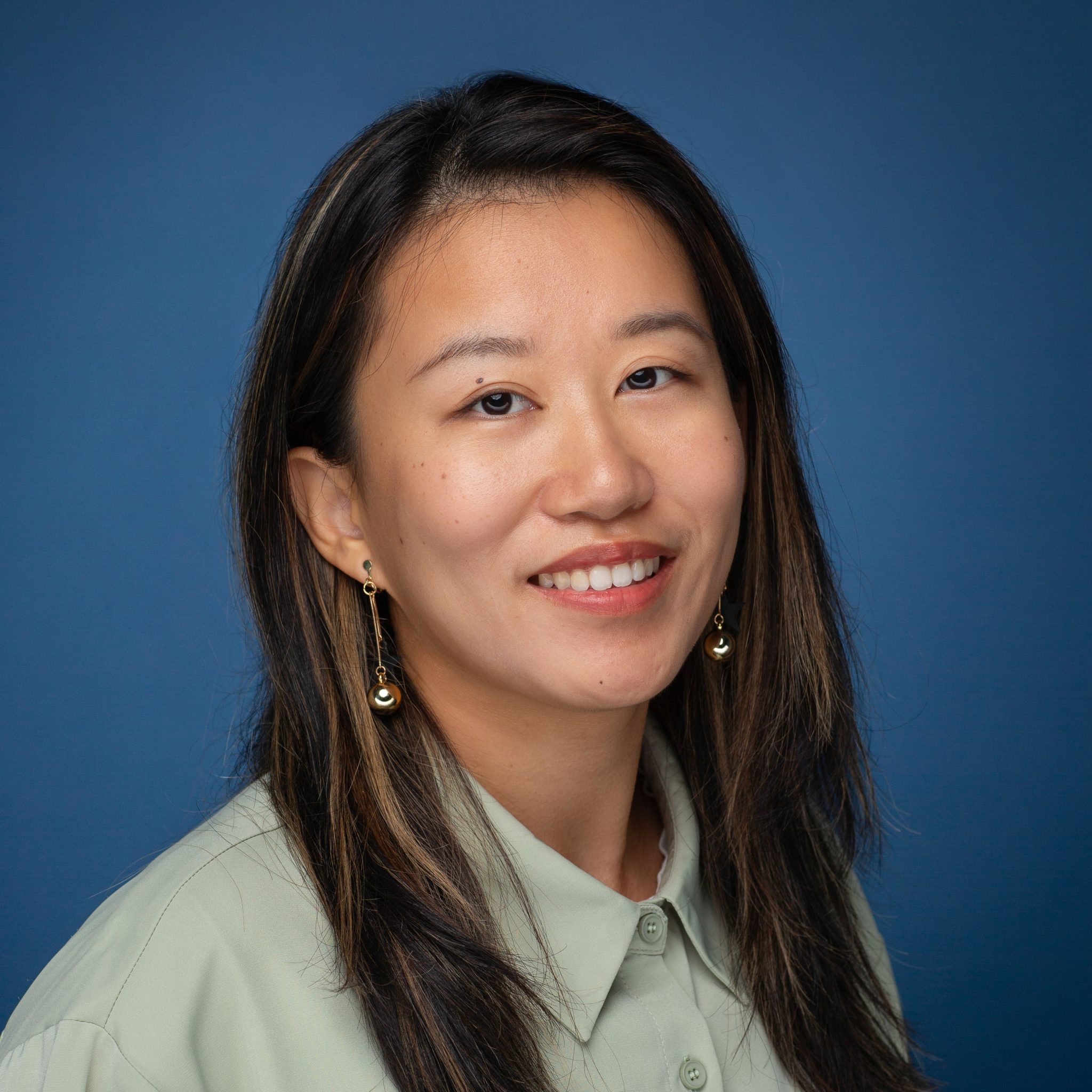
Vivian Wong
M.E. Rinker, Sr. School of Construction Management
Assistant Professor
AH 446
vivian.wong@ufl.edu
Current Students
Current Ph.D. students will find useful resources below. For more information or questions, please reach out to the Ph.D. Coordinator, your Chair, or your Unit’s Graduate Coordinator.
The Ph.D. Program Handbook can be found here. The Handbook serves to supplement the Graduate Catalog, found here, and is no way a substitute for the entire Graduate Catalog. Please note that rules are not waived for ignorance. Any exceptions to the policies stated in the Graduate Catalog must be approved by the Dean of the Graduate School.
Registration for Ph.D. students opens at various points. Students are responsible for checking the Graduate Calendar for dates pertaining to Drop/Add, Registration, and other Registration related deadlines. Students can register themselves in courses, so long as they are not listed as “Departmentally Controlled” on the UF Schedule of Courses. For courses listed as “Departmentally Controlled” with a DCP prefix, you will need to contact the Ph.D. Program Coordinator to register. Core Ph.D. courses do not require a signed form for registration, only an email request. Use the Registration Form DocuSign to request registration and required faculty signatures for any of the courses listed below:
- DCP 6905 – Independent Study
- DCP 7940 – Supervised Teaching
- DCP 7949 – Professional Internship
- DCP 7979 – Advanced Research (Before Qualifying Exam)
- DCP 7980 – Doctoral Research (After Qualifying Exam)
To request substitution to the required Core Ph.D. courses, please fill out the Core Substitution Request Form DocuSign for review and approval by the Director of the Ph.D. Program. For substitutions to your Concentration Requirements, you will need to get approval from the Graduate Coordinator and/or Department Chair of your Unit and forward this approval to the Ph.D. Program Coordinator for Requirement Tracking.
Information regarding the Qualifying Exam process, requirements, and regulations can be found within the Ph.D. Handbook. For more specific questions, please contact your chair or Unit Graduate Coordinator, as each unit has slightly different procedures, timelines, and expectations. Following the competition of the Qualifying Exam, the student’s chair must reach out to the Ph.D. Program Coordinator notifying them of the successful completion or failure of the student. From there, the Ph.D. Coordinator will send the necessary documents via DocuSign to the Supervisory Committee.
In the semester your Qualifying Exam takes to place, to have your DCP 7979 credits count internally toward your overall DCP 7980 credits, your Qualifying exam must be completed with paperwork complete and submitted by the mid-point of the term, as established by the Graduate Calendar.
If your Chair, Co-Chair, and/or external member is unable to physically make it to your qualifying exam, please fill out to the Physical Presence Policy Petition DocuSign for Graduate Exams for review and approval at least 10 days before your Final Defense. You should anticipate adhering to the current DCP policy until you receive explicit approval.
Student who choose to pursue, at the same time as their DCP Ph.D., a master’s degree at UF outside of DCP must complete Combination Nontraditional Doctoral/Master’s Degree Form. Students who are interested in doing this should inform the Ph.D. Program Coordinator, their Chair, and Department offering the master’s degree as soon as possible. Failure to submit this form may result in credits not applying to your Ph.D. degree.
Information regarding the Final Defense process, requirements, and regulations, as well as those related to Graduation, can be found within the Ph.D. Handbook. For more specific questions, please contact your chair or Unit Graduate Coordinator, as each unit has slightly different procedures, timelines, and expectations. Students should use the Dissertation Defense Date Qualtrics to inform the Ph.D. Program Coordinator of the necessary details of their defense. Failure to do so at least two weeks before your defense may result in your not being allowed to defend. Students are responsible for booking their own room and date for their Final Defense.
Following the competition of the Final Defense, the student’s chair must reach out to the Ph.D. Program Coordinator notifying them of the successful completion or failure of the student. From there, the Ph.D. Coordinator will send the necessary documents via DocuSign to the Supervisory Committee.
Students are responsible for following deadlines in their final semester, as established by the Graduate Calendar.
If your Chair, Co-Chair, and/or external member is unable to physically make it to your Final Defense, please Fill out to the Physical Presence Policy Petition DocuSign for Graduate Exams and return it to the Ph.D. Program Coordinator for review and approval at least 10 days before your Qualifying Exam. You should anticipate adhering to the current DCP policy until you receive explicit approval.
Information regarding the Supervisory Committee Requirements can be found within the Ph.D. Handbook. For information regarding who has DRF Status, please review the Doctoral Research Faculty Page. For information regarding who has GRF status across the University of Florida, review the Graduate Faculty Page.
Students will use the Committee Form to create or make changes to the membership of their Supervisory Committee. For information regarding Special Appointments, for anyone at UF without GRF or outside of UF, please visit here. If you have any questions regarding special appointments, please reach out to the Ph.D. Program Coordinator.
DocuSign forms are initiated by the student and sent to relevant faculty for final signatures and approval.
- Registration DocuSign
- Physical Presence Policy Petition DocuSign
- Supervisory Committee Form DocuSign
- Core Substitution Request DocuSign
Other Forms



